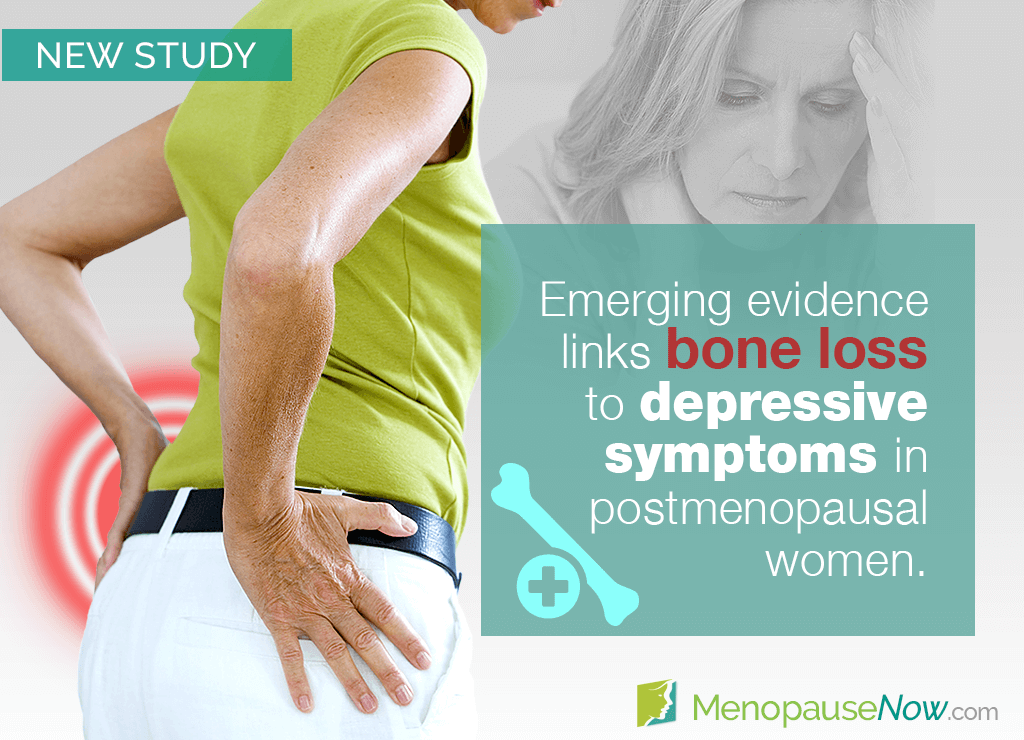Previous studies have revealed links between osteoporosis and depression, although the exact mechanism behind them has not been established.1 On top of that, only a handful of studies investigated that association specifically in women after menopause.
Scientists from the University of Nebraska Medical Center conducted a comprehensive medical review of existing data on the relationship between bone loss and depression in regards to postmenopausal women.
Study Design
Out of 174 screened publications, there were 12 scientific studies selected for this review, covering a decade of research (2007 - 2017).
Some of the selection criteria included studies done on postmenopausal women with available data on their osteoporosis (or bone mineral density) and depression status. Their findings were published in the International Journal of Women's Health.
Study Findings
Researchers conducting this scientific review found confirmation of the link between bone loss and depression in the majority of analyzed studies (9 out of 12).
Among the discoveries that came out was that women who suffered from depression showed greater bone loss in comparison to those who did not have depression.
One study has found that women with high long-term life satisfaction had the least amount of bone loss.
What Does It Mean?
This scientific review summaries current findings that offer strong evidence that bone loss is associated with postmenopause depression. Depressed women are more likely to have a higher rate of bone loss and osteoporosis.
Researchers emphasize that there are other variables that should be taken into account when exploring the relationship between bone loss and depression. They include vitamin D and hormone levels, among others.
Both depression and osteoporosis are a significant threat to women's postmenopausal health, leading to both increased morbidity and mortality. Knowledge of how the two interconnects will help healthcare providers offer their postmenopausal patients a more holistic treatment approach.
Sources
- International Journal of Women's Health. (2018). Emerging evidence on the link between depressive symptoms and bone loss in postmenopausal women. Retrieved February 24, 2021 from https://www.ncbi.nlm.nih.gov/pmc/articles/PMC5749395/
Footnotes:
- Biological Psychiatry. (2009). Major depression is a risk factor for low bone mineral density: a meta-analysis. Retrieved February 24, 2021 from https://pubmed.ncbi.nlm.nih.gov/19446797/

